
AHA 2024: CardioNerds
Advertisement
Dr. Kevin Alexander speaks with The CardioNerds about the importance of providing swift treatment to patients with ATTR-CM.
The CardioNerds, Dr. Alexander discuss how acoramidis therapy works, and details data Dr. Alexander presented at AHA 2024.
Dr. Georgia Vasilakis Tsatiris of The CardioNerds speaks to Dr. Kevin Alexander about the impact of ATTR-CM.
A study shows how how advancements in diagnostic tools and treatments for ATTR-CM have improved risk profiles.
A recent post-hoc analysis of the ATTRibute-CM trial shows the potential for acoramidis in treating ATTR-CM.
The U.S. FDA recently approved Attruby (acoramidis) for adults with ATTR-CM to reduce cardiovascular death, hospitalization.
A study highlights the significant HCRU and costs associated with ATTR-CM.
Promising long-term outcomes from the ongoing OLE of the ATTRibute-CM trial highlight the efficacy of acoramidis.
A case study highlights the importance of avoiding anchoring bias in the diagnosis of cardiac amyloidosis.
The diagnosis of AL amyloidosis requires a high index of suspicion to render a prompt diagnosis and appropriate treatment.
A study further supports the efficacy of acoramidis in the treatment of people with ATTR-CM.
People with amyloidosis have a significantly higher prevalence of atrial fibrillation.
An AI model for detecting ATTR-CA yields solid diagnostic results.
On average, the readability of patient educational materials on cardiac amyloidosis fails to meet NIH standards.
A deep-learning model is able to detect ATTR-CM with robust efficacy.
Practical strategies are needed in health centers to ensure patients with ATTRv receive optimal care.
Artificial intelligence-enhanced ECG models can effectively detect cardiac amyloidosis.
Individuals with transthyretin amyloid cardiomyopathy who have clonal hematopoiesis have an increased risk of mortality.
Advertisement




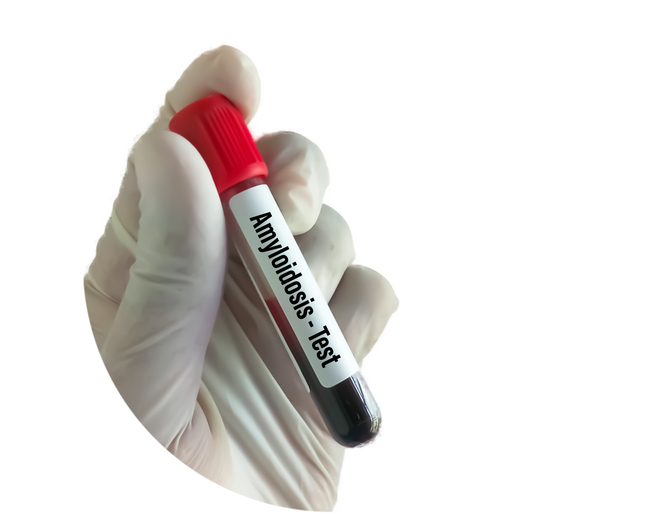

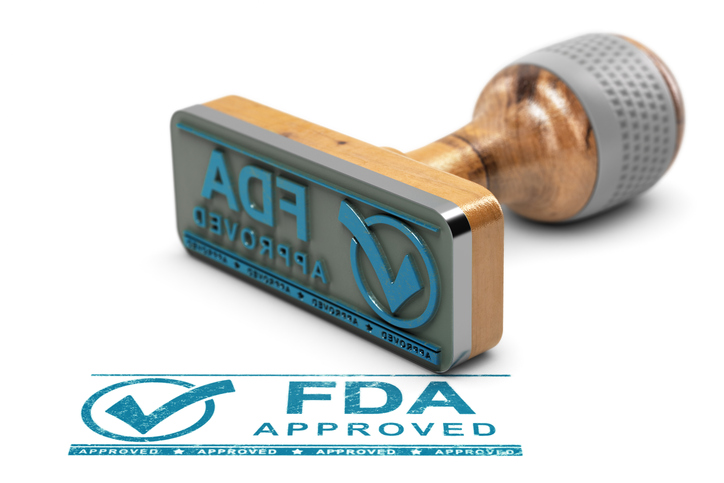

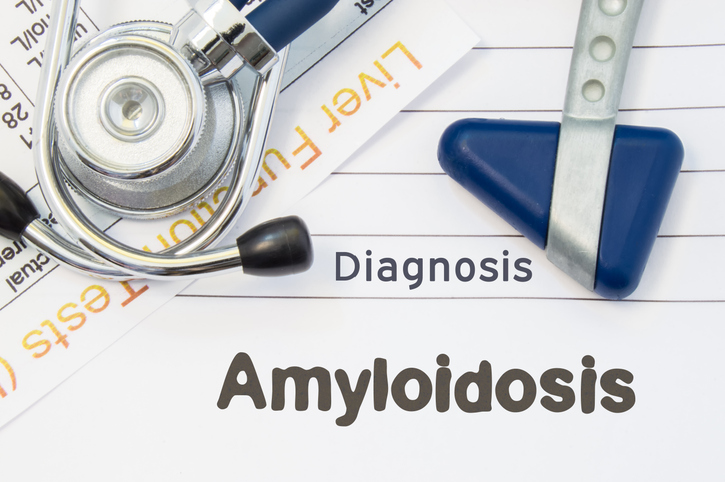



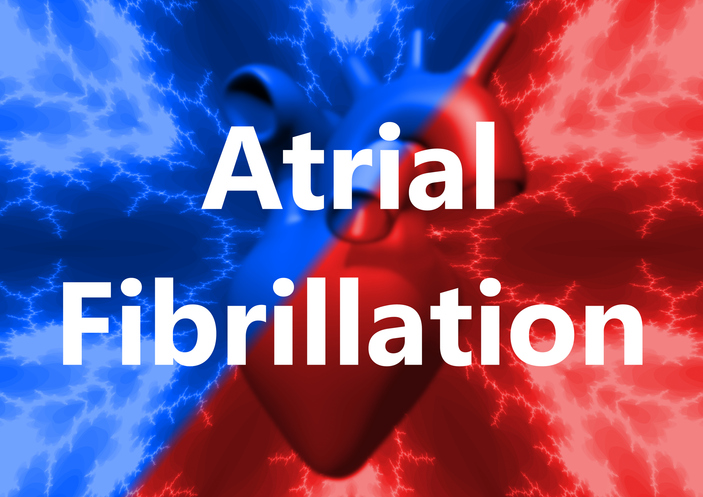





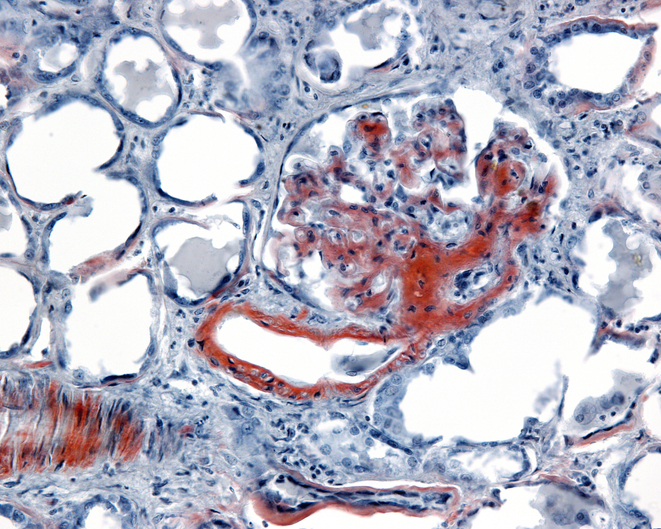

 © 2025 Mashup Media, LLC, a Formedics Property. All Rights Reserved.
© 2025 Mashup Media, LLC, a Formedics Property. All Rights Reserved.